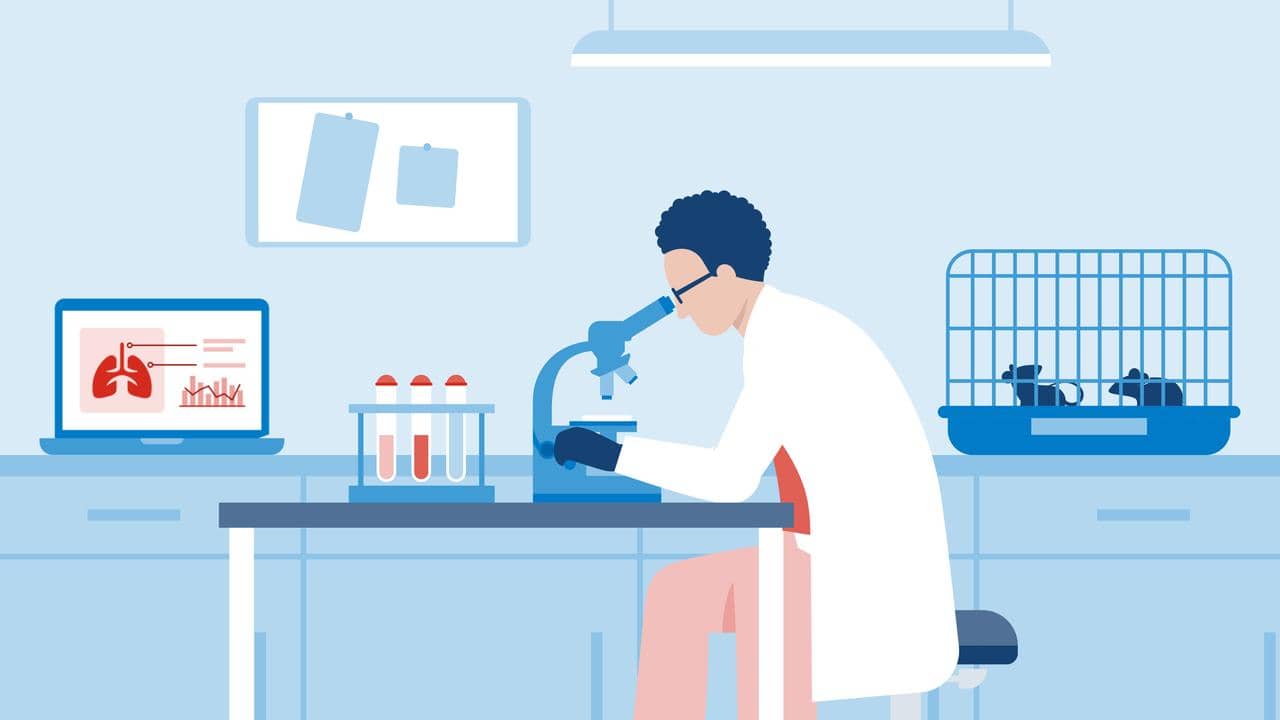Within the European Union, there is increasing awareness of the fact that there are major benefits to research without the use of laboratory animals. The Dutch Member State of the European Union, with TPI, is actively seeking out opportunities to speed up the Transition towards Animal-Free Innovation in Europe as well.
European laws and regulations for safety research
Chemical substances and medicines have to be tested to make sure they are safe for humans, animals and the environment, in accordance with European laws and regulations. At present, many laboratory animals are still used for this purpose. These legal frameworks determine which of the new and promising animal-free developments may be used for safety tests.
Various European countries have programmes to promote animal-free innovation but these initiatives are not yet properly aligned. This is why it is necessary to also cooperate within the European Union to improve research without the use of laboratory animals and to facilitate the international acceptance of validated animal-free innovations.
Bureau REACH and the Ministry of Infrastructure and Water Management created this animation on a European strategy for test methods and validation. This strategy is needed to make test methods more quickly available and acceptable within the legal requirements.

Accelerating Europe’s transition to animal-free innovation
The transition to animal-free innovation is now high on the agenda of the European Commission. For example, the European Parliament has adopted the resolution entitled ‘Plans and actions to accelerate a transition to innovation without the use of animals in research, regulatory testing and education’. On behalf of more than one million European citizens animal welfare organisations and cosmetics brands have submitted the citizens’ initiative ‘Save Cruelty-free Cosmetics - Commit to a Europe without Animal Testing’ to the European Commission. The European Commission subsequently announced that a roadmap towards phasing out animal testing for chemical safety assessments will also be developed.
The Netherlands leading the way
The Netherlands is leading the way when it comes to policy to accelerate the transition to animal-free research. The experience and expertise we have gained in the Netherlands through the TPI partner programme and the policy for animal-free innovations will be used to put the objectives of TPI on the international agenda.
Scientists from Dutch research institutions and companies have a lot of knowledge and expertise when it comes to animal-free innovations. They are working on the development and application of animal-free research models and contribute to the transition to better research without the use of laboratory animals. The TPI partner programme also ensures national coordination and policy in this area. It is a good basis for active cooperation with the European Commission and the other EU member states.
We do this by:
- As a member of the EU, actively advocating for the development of European policy for animal-free research and education on the use of so-called NAMs (New Approach Methodologies), including by working together with EU member states.
- Initiating proposals such as the proposal for a European policy agenda (2025-2027) for the transition to animal-free innovations (ERA). This proposal, which TPI is spearheading, focuses on cooperation and prioritisation between participating countries, in areas including the development and validation of animal-free innovations, education, infrastructure and promoting awareness and transparency.
- Actively participating, as representatives of the Dutch government, in discussions about the European Commission’s roadmap for phasing out animal testing in chemical safety assessments.
- Having Dutch experts (representatives of science, regulatory agencies, companies and policy) share their knowledge and experience with other member states.
Also see:
- News 27-05-2025: Next step in accelerating the transition towards animal-free innovation in Europe. EU Council endorses the European research area policy agenda for the next three years.
- Resolution ‘Plans and actions to accelerate a transition to innovation without the use of animals in research, regulatory testing and education’
- European Citizens’ Initiative: Save Cruelty Free Cosmetics - Commit to a Europe Without Animal Testing
- Commission acts to accelerate phasing out animal testing in response to a European Citizens’ Initiative
- The Commission roadmap for phasing out animal testing in chemical safety assessments